Government interventions in India and Pakistan may be able to curb the illegal practice of crop burning and reduce deadly air pollution in South Asia, a new study has said.
According to the study, co-led by US-based Brown University researcher Gemma Dipoppa and published in the journal Nature, air pollution, driven in large part by practices like crop burning, contributes to 2 million deaths a year in South Asia and persists as a public health emergency.
As part of the study, the researchers also examined the effects of crop-burning pollution on infant and child mortality and estimated that that 1.5 to 2.7 deaths per 1,000 children could be prevented if action were taken to reduce crop fires.
“This is a very clear health emergency, and we wondered, ‘Why isn’t the government able to address this challenge, which is visible and extremely damaging for people?’” said Dipoppa, an assistant professor of political science at Brown Universuty.
“We decided to study the aspect of government intervention and in particular the administration of the state that is in charge of reducing air pollution from a big-picture point of view,” said Dipoppa, who co-authored the paper with Saad Gulzar of Princeton University.
Through their analysis of a decade of wind, fire and health data from satellites and surveys, Dipoppa and Gulzar found that government officials in India and Pakistan were more likely to reduce crop residue burning when its negative effects were felt in their own jurisdictions rather than outside of them.
Crop-burning fires increased by 15 per cent when wind was most likely to direct pollution to neighbouring jurisdictions and decreased by 14.5 per cent when it polluted their own, the study found.
The researchers found that government-led actions against burning, such as fines for those violating the law, deterred future polluters and reduced fires by an additional 13 per cent, a finding that contradicted a common perception that the widespread problem is impossible to control.
“Government officials are already acting on this issue, but they are doing it only in times and places where it is incentive-compatible for them, including when the pollution affects their own jurisdictions and not neighbouring areas,” Dipoppa noted.
This is important because it tells us that government leaders do have the power to reduce crop burning. If they had more resources, they would probably be capable of reducing pollution to a larger extent, the authors said.

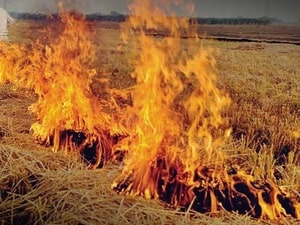
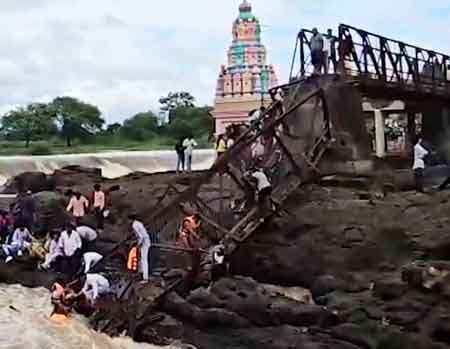
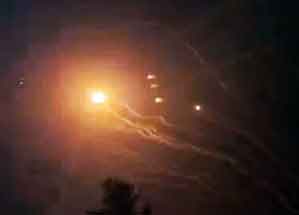
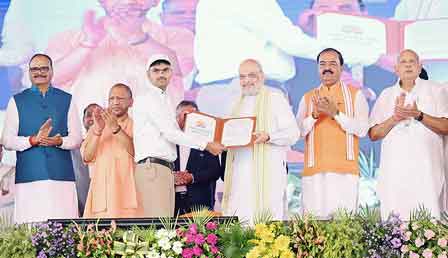
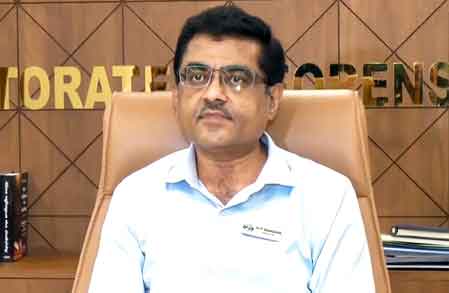
Minister Ratan Lal Nath shares fruits from his orchard with villagers
In a heartwarming gesture that has become a cherished annual tradition, Agriculture and Farmers’ Welfare Minister Ratan Lal Nath on Sunday once again distributed fruits from his personal orchard among the people of his native village, Koroitala in Mohanpur under West District.
IMD issues orange alerts for very heavy rainfall over Tripura
The Meteorological Centre, Agartala has forecasted heavy to very heavy rainfall accompanied by thunderstorms, lightning, and gusty winds over Tripura from 16th to 18th June 2025.
Tripura Police seize Yaba tablets worth Rs 4 Crore, one arrested
In a major operation against drug trafficking, Tripura Police on Sunday seized 80,000 Yaba tablets valued at around Rs 4 crore from a truck at the Churaibari check post in North Tripura district, near the Assam border.
PCC to launch outreach campaign from June 22, highlighting BJP’s failures
In line with the directives of the All India Congress Committee (AICC), the Tripura Pradesh Congress Committee (TPCC) on Sunday announced a state-wide public outreach campaign starting from June 22.
Two drowned in Pune bridge collapse, PM Modi speaks to CM Fadnavis
At least two people were killed, 32 others injured, while a total of 41 people were rescued after they fell into an overflowing river when an old bridge they were crossing collapsed in Maharashtra's Pune district on Sunday.
Haifa port in Israel operating normally despite Iran attack
There has been no damage to Israel’s Haifa port in the Iranian ballistic missile attack on an oil refinery nearby and cargo operations are progressing unhindered, according to media reports.
No recommendation, no discrimination: HM Amit Shah hails UP’s inclusive recruitment drive
In a historic ceremony, Home Minister Amit Shah and Uttar Pradesh Chief Minister Yogi Adityanath distributed appointment letters to 60,244 newly selected police personnel at the Defence Expo Ground in Sector 18, Vrindavan. Out of these 60,000 recruits, more than 12,000 comprised women.
Round-the-clock DNA profiling underway: FSL Gandhinagar Director explains complex process
The Forensic Science Laboratory (FSL) in Gandhinagar, Gujarat, has been operating around the clock to identify victims of the Ahmedabad plane crash through DNA profiling and matching.